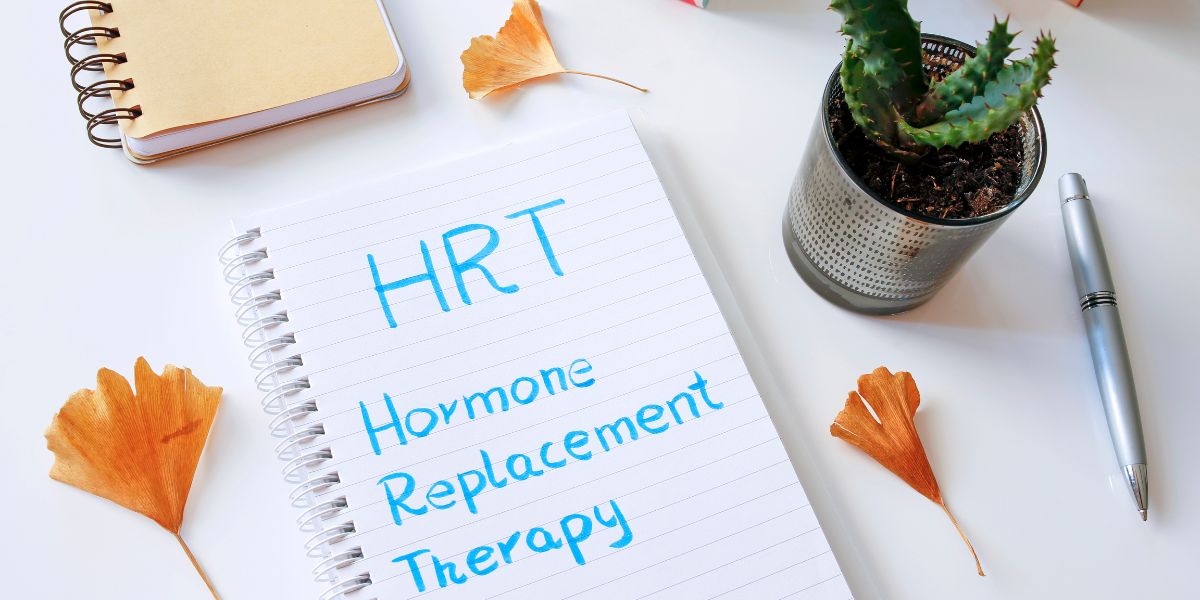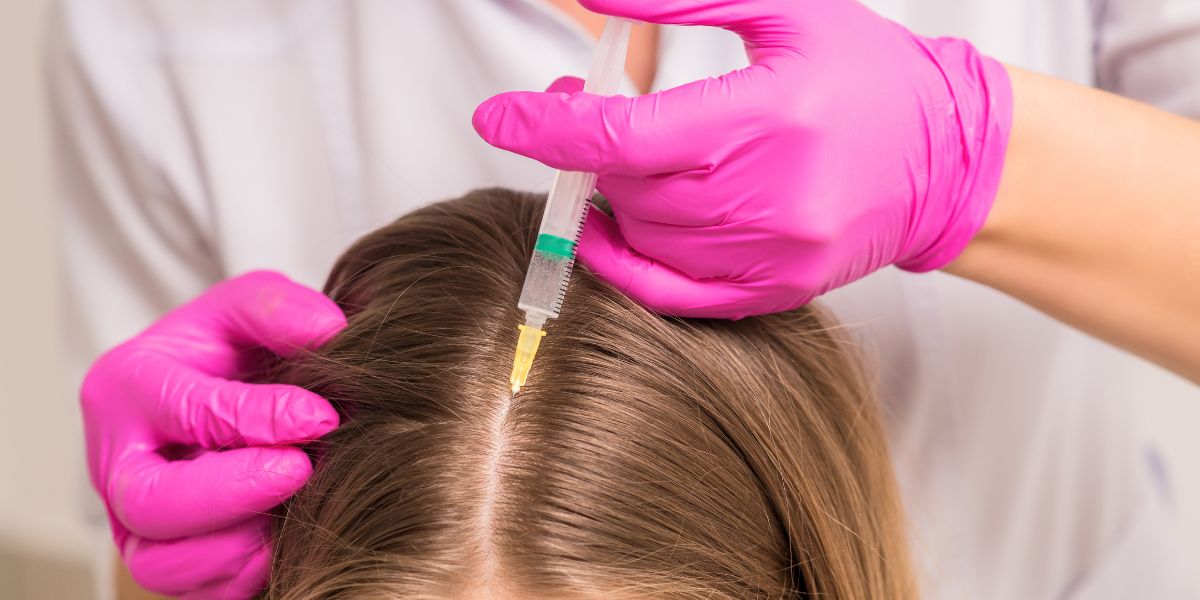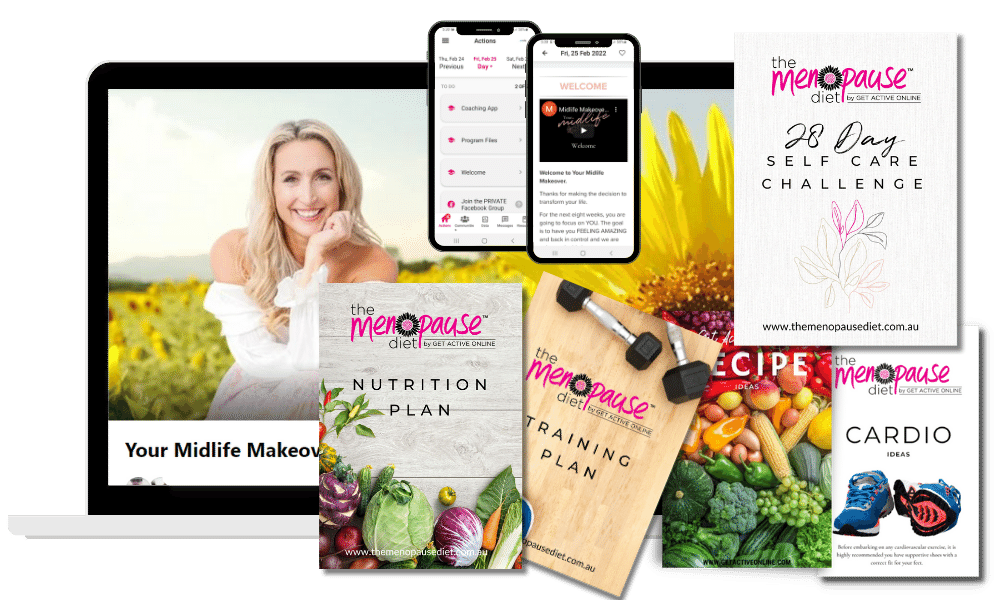Who else feels like they’ve lost half a head of hair since going through perimenopause?
I know I do and it seemed mine was fast tracked by the medication I was taking. For someone who has A LOT of hair I must admit it’s been quite challenging seeing so much fall out.
It’s funny as when I go to the hairdresser they still think I’ve got so much hair but I honestly believe I’ve lost about a third of my hair over the past two years.
It seems to have slowed down and now I’m on a mission to see if I can get it thickening up again and looking less lack lustre!
As you have most likely experienced yourself, menopause is a time of great change for women, both physically and emotionally but I bet you didn’t realise that one of the most common physical changes that women experience during menopause is hair thinning or loss.
How come no one told me about this symptom either 🤣.
It still seems there are so many menopausal symptoms that women don’t relate to menopause and the more we can know about what is happening, the more choices we have and options in finding solutions to manage it.
Losing my hair was distressing for me and I know it would be for many women, but it’s important to understand that it’s a normal part of the ageing process.
So why does hair thinning occur during menopause? Well, it’s primarily due to changes in hormone levels. As a woman’s body goes through menopause, levels of oestrogen and progesterone decrease. These hormones play a key role in maintaining hair growth and thickness, so a decrease in their levels can lead to hair thinning or loss.
Additionally, as women age, their hair follicles naturally become smaller and produce thinner hair strands. This process is known as miniaturization and can contribute to hair thinning as well.
So, what can women do to prevent or stop hair loss during menopause? Here are some potential solutions:
Hormone Replacement Therapy (HRT):
HRT involves taking medications that contain estrogen and progesterone. These hormones can help reduce the severity of menopausal symptoms, including hair loss. However, it’s important to note that HRT comes with some risks, so it’s not right for everyone. Women should talk to their doctor to determine if HRT is a safe and effective option for them. I know I’m not allowed to take HRT due to having a hormone based breast cancer, the good news is there are some other options available as well.

Nutrition:
Eating a balanced diet that’s rich in vitamins and minerals can help support healthy hair growth. Foods that are high in iron, zinc, and biotin are especially beneficial for hair health. Additionally, taking a multivitamin or hair supplement that contains these nutrients may be helpful.

Scalp Care:
Taking care of the scalp is important for maintaining healthy hair. Using a gentle shampoo and conditioner, avoiding harsh chemicals or heat styling tools, and regularly massaging the scalp can help promote blood flow and stimulate hair growth.
Topical Treatments:
There are a variety of topical treatments available that can help promote hair growth. These include minoxidil, which is a medication that’s applied directly to the scalp, and hair growth serums that contain ingredients like caffeine or essential oils. My breast care nurse actually recommended this one to me but I’m yet to give it a go. I’ll update you, when I do.
Hair Transplant Surgery:
In some cases, hair transplant surgery may be a viable option for women experiencing significant hair loss. During this procedure, hair follicles from a donor site are transplanted to the thinning or balding area of the scalp. However, this is a more invasive option and may not be right for everyone. Exciting news is that I’m working with someone who specialises in regenerative skin treatments and will be implementing this into her new Mediclinic soon!

It’s important to note that hair thinning or loss during menopause is a natural part of the ageing process and may not be completely preventable. However, there are steps that women can take to help slow or stop the process and promote healthy hair growth. If you’re experiencing hair loss or thinning during menopause, talk to your doctor or a dermatologist for guidance on the best course of action for you. With the right treatment and care, you can feel confident and beautiful at any age.
Time for me to put a bit more effort in hair love as now I don’t have my big mop of hair, I miss it!


